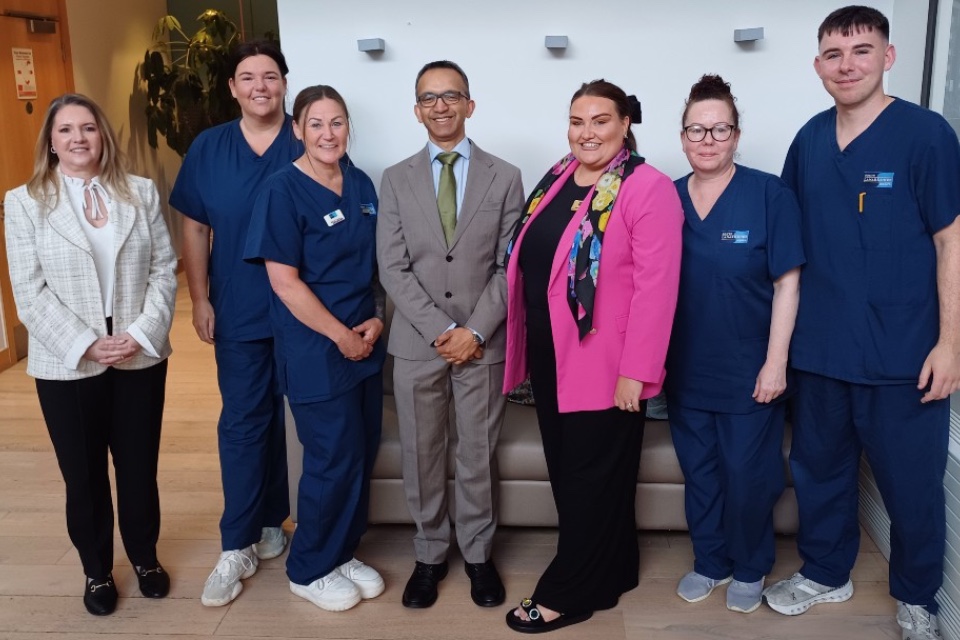Community care services play a vital role in supporting people with complex health and care needs to live with dignity and independence in their communities. This is reflected in the NHS Long Term Plan where a key focus is to shift more care out of hospital and into the community1.
Due to the breadth of services that fall under community care, it can be challenging to predict changes that might occur. Yet it’s very important to look ahead as much as possible to ensure we’re able to maintain care services that can effectively support people in their community. As 2023 begins, Angus Honeysett, Head of Market Access at Tunstall Healthcare, discusses what we can expect for community care over the next few years…
-
The future of tech vs existing estates: As technology becomes increasingly integrated into care services, we’re expecting to see more discussions arise around improving the systems that already exist. For example, remote patient monitoring (RPM) can be used to support people in their community who are living with long term conditions, such as cardiac, lunch and chronic diseases. This involves upskilling care staff, optimising systems and enabling the workforce via a service based business model.
-
Hospitals at home will become more common: On average, at any given time, five percent of NHS England hospital beds are occupied by patients awaiting discharge, and the majority of these beds are in acute care2. Since the pandemic, we have continued to see the growth of virtual wards2, and we’re expecting to see them become more of a focus in health and care delivery. The majority of the population would rather receive care in the comfort of their own homes, and virtual wards will enable this3. A recent study coordinated by the NIHR and researchers from the Nuffield Department of Population Health at the University of Oxford found that caring for vulnerable, older people at home can improve patient outcomes4.
-
The expanding role of Integrated Care Systems (ICSs): As ICSs continue to be established, we are at a pivotal time that will shape our resources for decades to come. The system will operate at three levels – integrated care partnerships, integrated care boards, and provider collaboratives – building a better knowledge of the needs of people so that they can receive more support closer to home, which includes some outpatient and diagnostic procedures. This in turn will help to improve health outcomes across the country.
-
Growth in technology: Thanks to the £25m reserved for ICSs to devise a digital plan for falls prevention, social care records and locality-based tech solutions, technology will become an even more integral part of community care services, with a big focus on how it can support effective patient flow. As the tender process launches, stakeholders need to collaborate on the most effective solutions for RPM that will make a difference.
-
Acceptance of change: Understanding of the contributions that technology can make to our health and care services isn’t new. In 2023 we will see community care teams become increasingly accepting of the fact that we’re moving into a world where care is delivered differently. As the world continues to adapt, more people will become open to accepting the benefits of tech solutions that will in turn enable health management to become more effective at a community level.
With such dramatic changes taking place across the UK and different sectors, including within the health and care space, it’s important that professionals involved in the protection of vulnerable people in their communities are well versed on these, and other trends, that we can expect to see.







